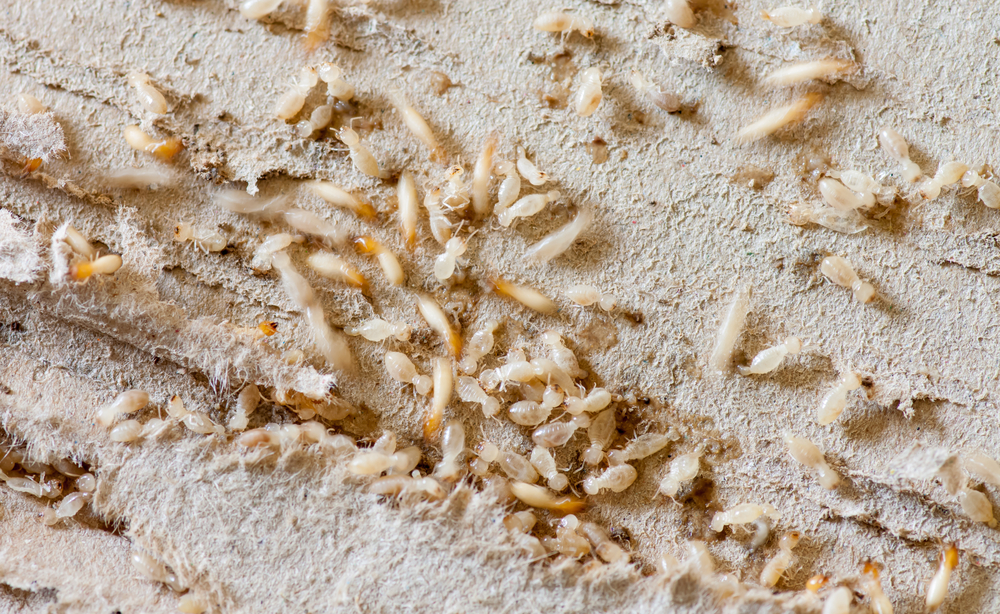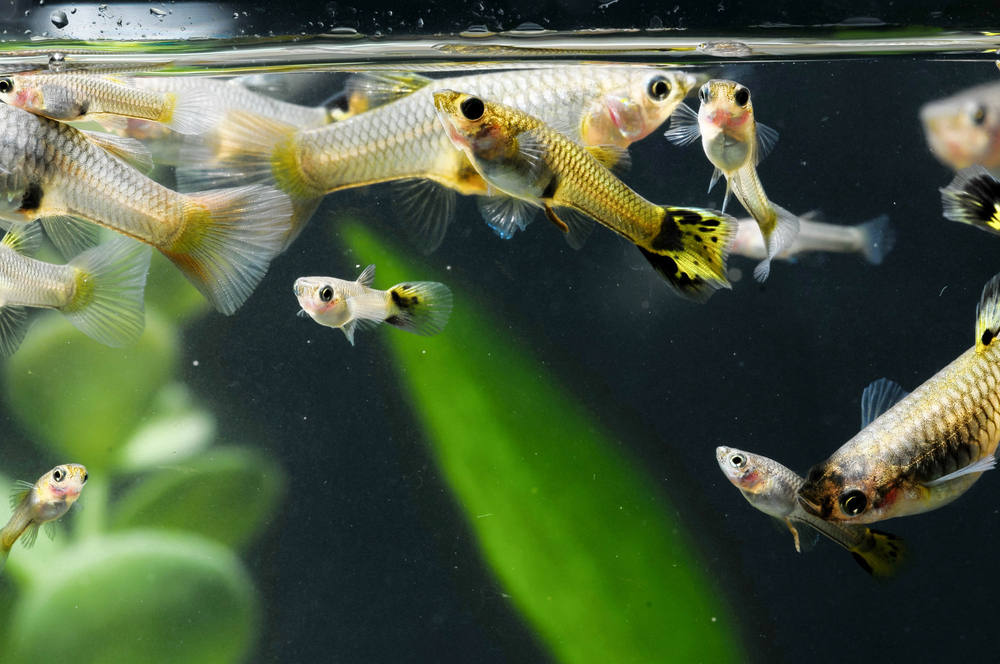Bugs come in every nightmare-inducing shape and size imaginable. Ants, bedbugs, cockroaches, and silverfish are only the tip of this terrifying iceberg. Insects outnumber us 200 million to 1, and they’re trying to make sure that we don’t forget it.
For most of us, finding an insect infestation in our homes translates to either running away screaming or grabbing a nearby slipper. If we’re better prepared, the slipper is replaced by a can of bug spray. These are short term solutions though, and do nothing to address the actual problem.
Even if this one bug meets its death at your hands, there’s most likely a few more hidden just out of sight. Standing on a stool armed with your trusty weapon isn’t going to do you much good. You need to call pest control services!
The problem is, while you’d love to nuke the life out of these insects using whatever chemicals are most effective, this isn’t your only option. In fact, if you’re environmentally conscious, there are a vast range of eco-friendly products that you can use as alternatives to conventional insecticides.
These include both naturally occurring and synthetic substances. Some of these, you’ll have lying around at home, and others, you can buy online. But do they really work?
Let’s find out.
Simplicity Itself: Soap Water
This is the most commonly touted eco-friendly pest killer. It works by breaking down the waxy coating that insects have and letting the water drown them.
Even though it works, it’s a short-term solution, much like the slipper.
Build Sand Forts
Sand is commonly used as a physical barrier to keep termites away. You can’t just pick up sand off the side of the road and expect it to do the job. These insects have trouble tunnelling through a very specific type of sand.
16 grit-sized sand is usually recommended. This type of sand doesn’t usually retain moisture either, so termites won’t be able to use it to build their mounds.
This method is a proven way to keep termites away, but isn’t much of a cure once they’re already in your home.
The Miracle Of Diatomaceous Earth
This is a special kind of fine sand that works wonders. Look for food-grade diatomaceous earth and sprinkle it around affected areas in your home.
It’s absolutely safe for you and even your pets, as long as you don’t eat it by the handful. It’s made up of tiny particles that are sharp enough and, small enough, to seriously damage insects while leaving us unharmed.
Unlikely Candidates: Plant Oils & Spices
Certain plant oils, like citrus and cedar oils, work as insecticides by either killing the bugs outright or by disrupting their pheromone systems. These work in short bursts, but aren’t suitable as long term solutions.
The same goes for spices. Many insects will avoid specific spices like pepper, mint leaves, cinnamon, and peppermint.
Boring Old Boric Acid
If you have a carrom board at home, you might also have a packet of boric acid, which is used as carrom powder. This whitish powder is naturally occurring and environmentally safe.
It stays effective for a long time after it’s used, making it one of the more efficient eco-friendly insecticides at your disposal.
Fish Are Friends, Not Food
Mosquitoes are a common irritant in this part of the world. As if to spite you, this nefarious insect dodges every net, coil, and repellant to come buzz around your ear.
If you have a pond or some other body of water that mosquitoes can use as a breeding ground, fish are the solution you’re looking for.
Simply introduce goldfish, guppies, or killifish into this body of water and they’ll decimate the mosquito population by eating the larvae in the pond. It’ll take a while to come into effect, but it’s one of the best solutions at your disposal.
Well, there you have it. Eco-friendly pest control solutions actually work. The best way to use these treatments is to combine them with conventional pest control methods for long-lasting freedom from bugs.








